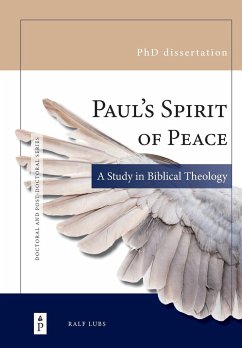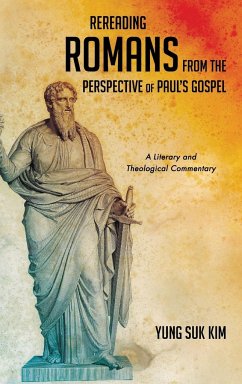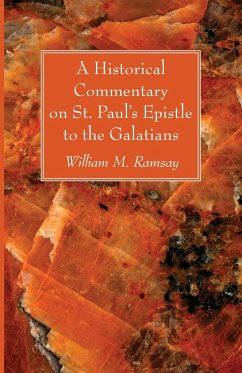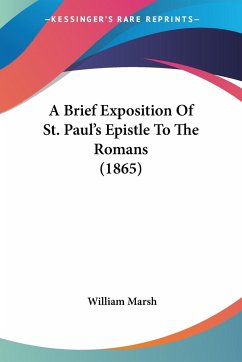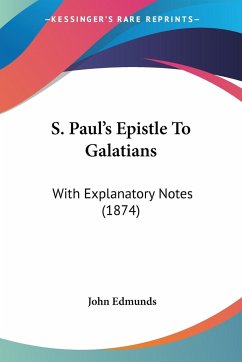Paul's Spirit of Peace, a Study in Biblical Theology discusses the central role of peace in the New Testament, with a particular attention given to Pauline writings, and argues that this peace is a work of the Spirit. The chosen methodology is rhetorical-, discourse-, and social analysis. The dissertation shows that the main problem Paul was facing was unresolved conflicts, in other words lack of peace with God and between groups and individuals in the Pauline congregations. ¿¿¿¿¿¿ is suggested to be the main purpose of communication not only in the Pauline literature but in the non-Pauline New Testament documents as well. ¿¿¿¿¿¿ establishes, maintains, and intensifies harmonious relationships. The nature of these relationships is ¿¿¿¿¿¿. Though every letter is contingent and was born in different circumstances, ¿¿¿¿¿¿ is realised by ¿¿¿¿¿¿ in a way that the exact circumstances and problems find a solution that has eternity in view as well as the present relationship with God and the fellow-believer. Reconciliation with God in Christ by the Spirit leads into a life of peace with God and also needs to lead to a life of peace with people by the transforming work of the Spirit. The beginning point in Galatians, Chapter Two of the thesis, and Romans, Chapter Three, is Paul's greeting. It is suggested that this was not just a simple greeting but part of the ¿¿¿¿¿¿¿¿ and therefore indicating the main purpose of writing. The main problem in Galatians and Romans is explained as being conflicts, lack of ¿¿¿¿¿¿. This problem is solved by ¿¿¿¿¿¿, but requires the active collaboration of the believer in Christ. Chapter Four suggests that also in Paul's other undisputed letters ¿¿¿¿¿¿ is the main purpose of writing and that ¿¿¿¿¿¿ plays an essential role in its realisation. Chapter Five proposes that the disputed Pauline letters and the non-Pauline New Testament documents follow the same principle, although using ¿¿¿¿¿¿ less frequently. In the Gospels and Acts, Jesus carried out the messianic ministry by the power of the Spirit in order to accomplish his peace mission and this was continued by his disciples after the resurrection and intensified experience of the Spirit at Pentecost. The non-Pauline epistles express the same essential idea as the Pauline epistles in that peace is established by the Spirit when the people of God seek harmonious relationships and participate actively in resolving conflicts. This peace is conditional and requires the positive human reaction to God's offer of peace and the constant walk by the Spirit in order to live also in harmonious relationships with people.
Hinweis: Dieser Artikel kann nur an eine deutsche Lieferadresse ausgeliefert werden.
Hinweis: Dieser Artikel kann nur an eine deutsche Lieferadresse ausgeliefert werden.

